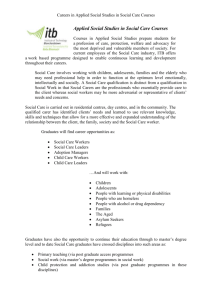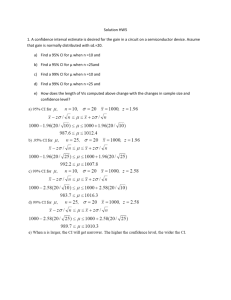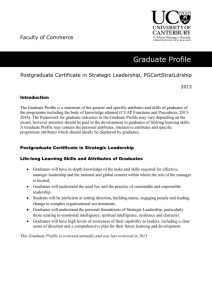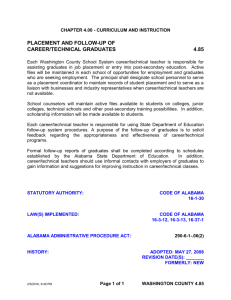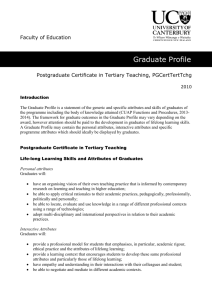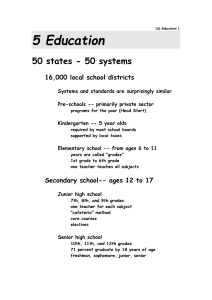Educational Goals (Outcomes)
advertisement
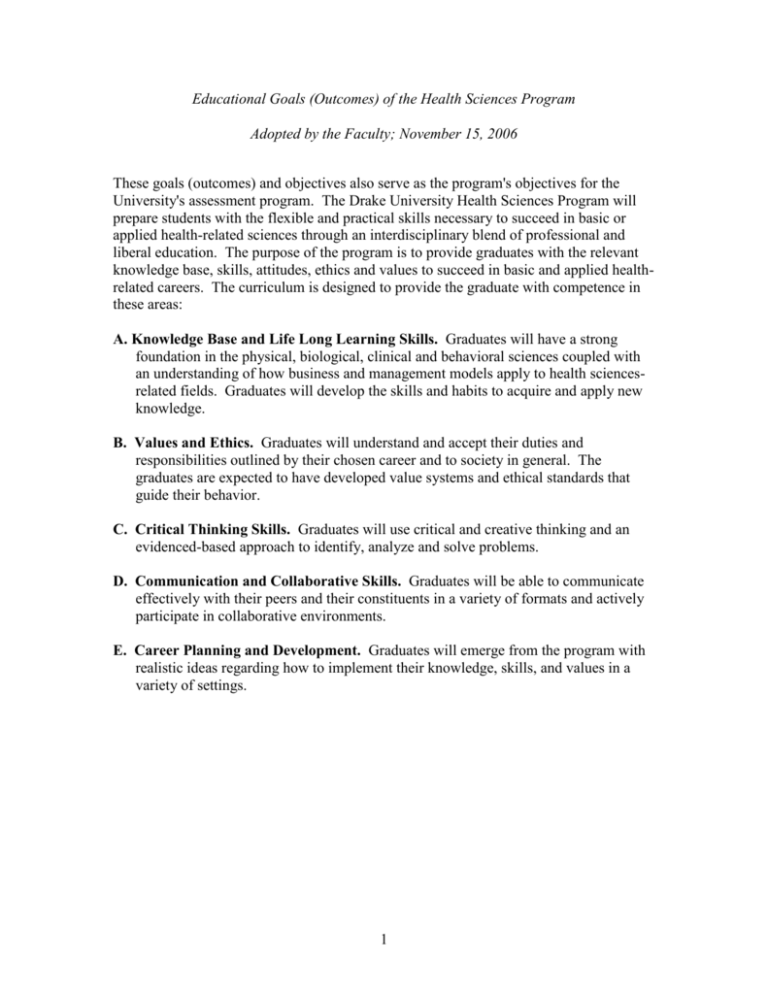
Educational Goals (Outcomes) of the Health Sciences Program Adopted by the Faculty; November 15, 2006 These goals (outcomes) and objectives also serve as the program's objectives for the University's assessment program. The Drake University Health Sciences Program will prepare students with the flexible and practical skills necessary to succeed in basic or applied health-related sciences through an interdisciplinary blend of professional and liberal education. The purpose of the program is to provide graduates with the relevant knowledge base, skills, attitudes, ethics and values to succeed in basic and applied healthrelated careers. The curriculum is designed to provide the graduate with competence in these areas: A. Knowledge Base and Life Long Learning Skills. Graduates will have a strong foundation in the physical, biological, clinical and behavioral sciences coupled with an understanding of how business and management models apply to health sciencesrelated fields. Graduates will develop the skills and habits to acquire and apply new knowledge. B. Values and Ethics. Graduates will understand and accept their duties and responsibilities outlined by their chosen career and to society in general. The graduates are expected to have developed value systems and ethical standards that guide their behavior. C. Critical Thinking Skills. Graduates will use critical and creative thinking and an evidenced-based approach to identify, analyze and solve problems. D. Communication and Collaborative Skills. Graduates will be able to communicate effectively with their peers and their constituents in a variety of formats and actively participate in collaborative environments. E. Career Planning and Development. Graduates will emerge from the program with realistic ideas regarding how to implement their knowledge, skills, and values in a variety of settings. 1 For each of these areas, objectives - which can be measured or assessed - have been developed for purposes of evaluation. These are: A. Knowledge Base and Life Long Learning Skills 1. Graduates will understand the chemical and biological principles that govern the function of the human body and apply these principles to health sciences-related problems. 2. Graduates will understand how business and management models play a role in the health care field. 3. Given a new area of inquiry, graduate will be able to identify, analyze and evaluate health sciences-related information resources. B. Values and Ethics 4. Graduates will understand the ethical issues relevant to the health sciences. 5. Graduates will understand the importance of ethical conduct in the workplace. 6. Graduates can appreciate that diversity can contribute to different perspectives on the same issue. C. Critical Thinking Skills 7. Graduates understand and apply scientific methodology to problems in the health sciences. 8. Graduates will be able to critically evaluate arguments and formulate counterarguments on logical and quantitative grounds. D. Communication and Collaborative Skills 9. Graduates can work effectively in collaborative groups and resolve the interpersonal conflicts that may arise in such environments. 10. Graduates can communicate clearly and persuasively (in both written and verbal formats) with public, professional and granting agency audiences. 11. Graduates can effectively utilize technology or other communications tools (e.g. presentation software, audiovisual devices, email) when communicating with constituents. E. Career Planning and Development 12. Graduates understand the role of the different disciplines within the health care system to formulate career goals. 13. Graduates can identify the types of academic experience and level of performance that will facilitate achievement of career goals. 14. Graduates will develop skills and experiences relevant to achieving career goals. 2



